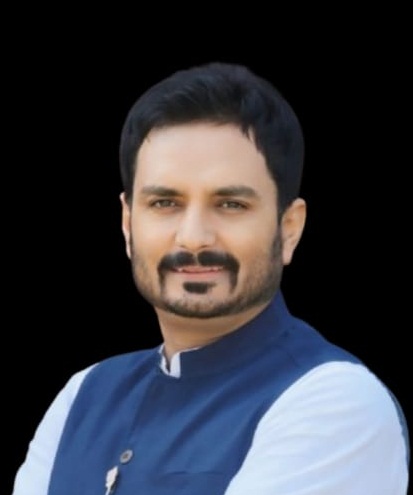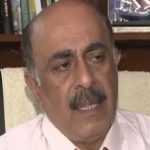In a land where bureaucrats-turned-politicians like Haseeb Drabu pontificate about the ills of decentralization, one can’t help but marvel at the irony. Here is a man who rose to political prominence not by slogging it out at the grassroots but by riding the wave of privilege, courtesy of his bureaucratic past. And now, having long abandoned the very constituency that trusted him, he dares to criticize the three-tier system—a reform that has brought governance closer to the people than ever before.
Mr. Drabu’s recent outburst, lamenting the “dilution” of an MLA’s power due to Panchs, Sarpanchs, and DDCs, is not only laughable but reeks of an entitlement that has no place in the new Jammu and Kashmir. Perhaps Mr. Drabu forgot that democracy is about empowering the people, not hoarding power in plush Gupkar mansions while constituents are left to fend for themselves.
The fact that Mr. Drabu, an ex-MLA from Rajpora, now sings paeans to the National Conference and slyly discredits the BJP’s reforms only highlights his political opportunism. Let’s not forget, this is the same man who became an MLA and Finance Minister on the coattails of PDP’s goodwill—only to vanish into thin air after his tenure ended. The voters of Rajpora, abandoned and ignored, now have to endure his lectures on governance from afar.
But Mr. Drabu isn’t alone in this charade. The phenomenon of bureaucrats-turned-politicians, who leapfrog into power without ever tasting the sweat of grassroots politics, has been a bane for our democracy. Unlike leaders who rise through the ranks, these “parachute politicians” bring little more than their past resumes and an inflated sense of self-worth to the table.
Mr. Drabu’s disdain for the three-tier system is telling. Perhaps it stems from the realization that, in this new era, power is earned, not gifted. Gone are the days when a bureaucratic title could guarantee political success. Today, a Panch or a DDC member from a remote village has as much a shot at shaping policy as an MLA from Gupkar. That’s the beauty of democracy—it’s messy, it’s chaotic, but it’s real.
Let us not forget that this decentralization of power is the cornerstone of Narendra Modi’s vision for a “New Jammu and Kashmir.” It is a system where governance is by the people, of the people, and for the people. No longer can power be monopolized by a select few who view politics as their birthright or a retirement plan.
And if dynasts or parachuted elites like Mr. Drabu think otherwise, they need only look at the political trajectory of Rahul Gandhi—a man whose surname was once his greatest strength but is now his greatest liability. In this new political reality, success is measured not by family names or bureaucratic credentials but by hard work, dedication, and the ability to connect with the common man.
As for Mr. Drabu’s newfound admiration for the NC, let’s not delude ourselves. His praise is not a reflection of ideological alignment but a desperate attempt to remain relevant. One wonders if he realizes that the very reforms he criticizes are what make his own political irrelevance so apparent.
So, dear Mr. Drabu, here’s a piece of unsolicited advice: instead of waxing poetic about the supposed evils of decentralization, try stepping out of your comfort zone. Visit the streets of Rajpora, engage with the people you once claimed to represent, and maybe—just maybe—you’ll understand the true essence of democracy.
Because in this “New Jammu and Kashmir,” power is not inherited or handed down—it’s earned. And no amount of bureaucratic bluster or political opportunism can change that.
(The Author is Spokesman of BJP. Feedback: [email protected])










